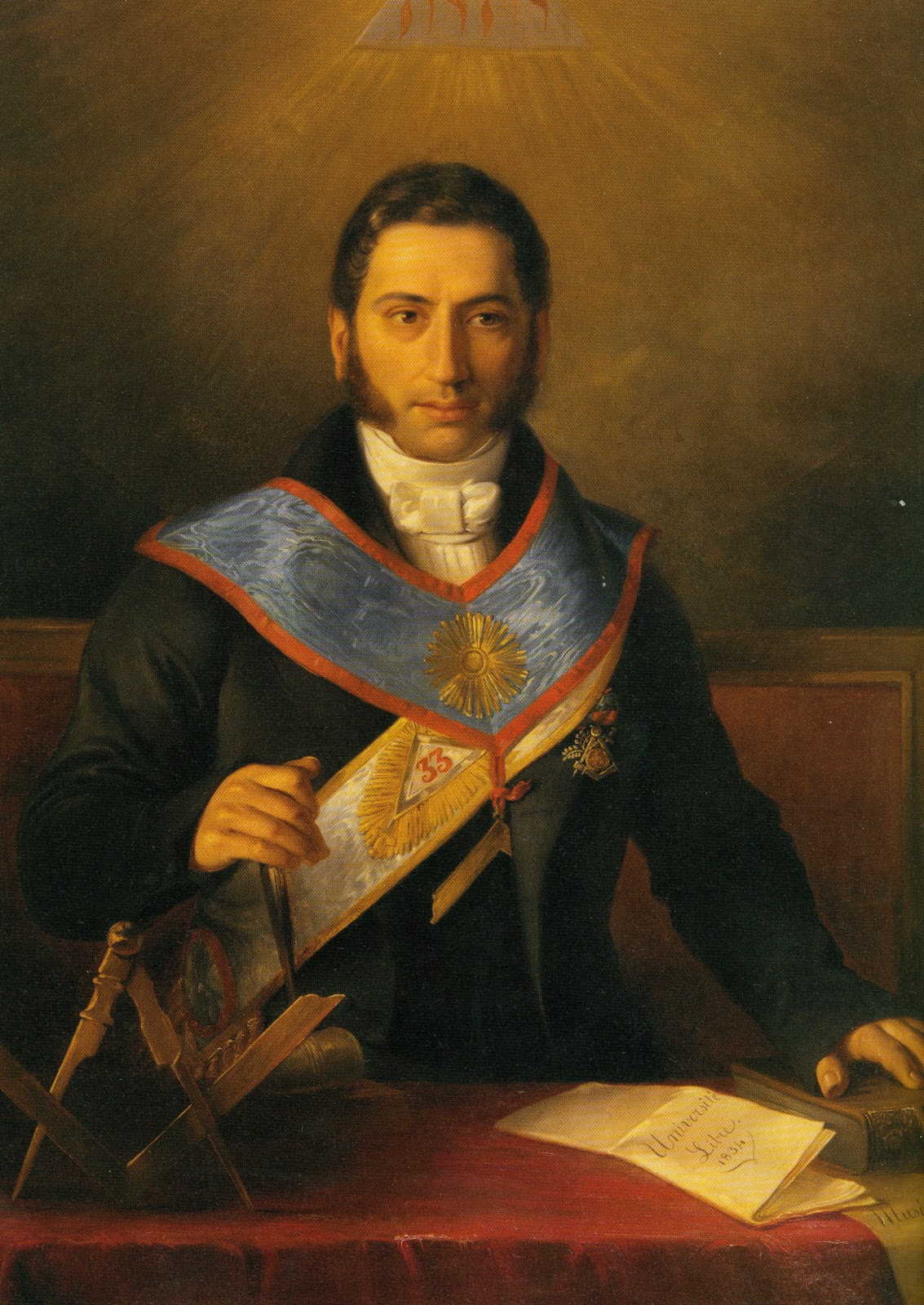In the same section
-
Share this page
Who was Pierre-Théodore Verhaegen?
Pierre-Théodore Verhaegen was born in Brussels on 5 September 1796. He was a lawyer at the Brussels court of appeal, the mayor of Watermael-Boitsfort, and a professor of law at the Université libre de Bruxelles; he was also the first chairman of the University’s Governing Body.
The Belgian state was created in 1831. At the time, three state universities existed in the country: Ghent, Liège, and Leuven. Although it was the capital, Brussels did not have its own university. When the episcopate decided to create a Catholic university in Mechelen—the seat of the archdiocese—in 1834, the reaction of Belgium’s secular society was immediate.
Lawyer and Freemason Pierre-Théodore Verhaegen provided the impetus necessary for the creation of the ‘Université libre de Belgique’—which became the Université libre de Bruxelles in 1842—, counterbalancing the Catholic university and, thus, fighting intolerance and prejudice.
With support from Masonic lodges and funding from Brussels and the province of Brabant, ULB’s goal was to train an elite whose members would be independent from the Church. However, while it is deeply anticlerical, the University is neither anticatholic nor unreligious. Pierre-Théodore Verhaegen himself said: ‘man can be worthy of the functions God has given him in nature only through the free development of his thought. Thought is man’s domain, his element, his life.’
Lawyer and Freemason Pierre-Théodore Verhaegen provided the impetus necessary for the creation of the ‘Université libre de Belgique’—which became the Université libre de Bruxelles in 1842—, counterbalancing the Catholic university and, thus, fighting intolerance and prejudice.
With support from Masonic lodges and funding from Brussels and the province of Brabant, ULB’s goal was to train an elite whose members would be independent from the Church. However, while it is deeply anticlerical, the University is neither anticatholic nor unreligious. Pierre-Théodore Verhaegen himself said: ‘man can be worthy of the functions God has given him in nature only through the free development of his thought. Thought is man’s domain, his element, his life.’
Updated on January 11, 2021

